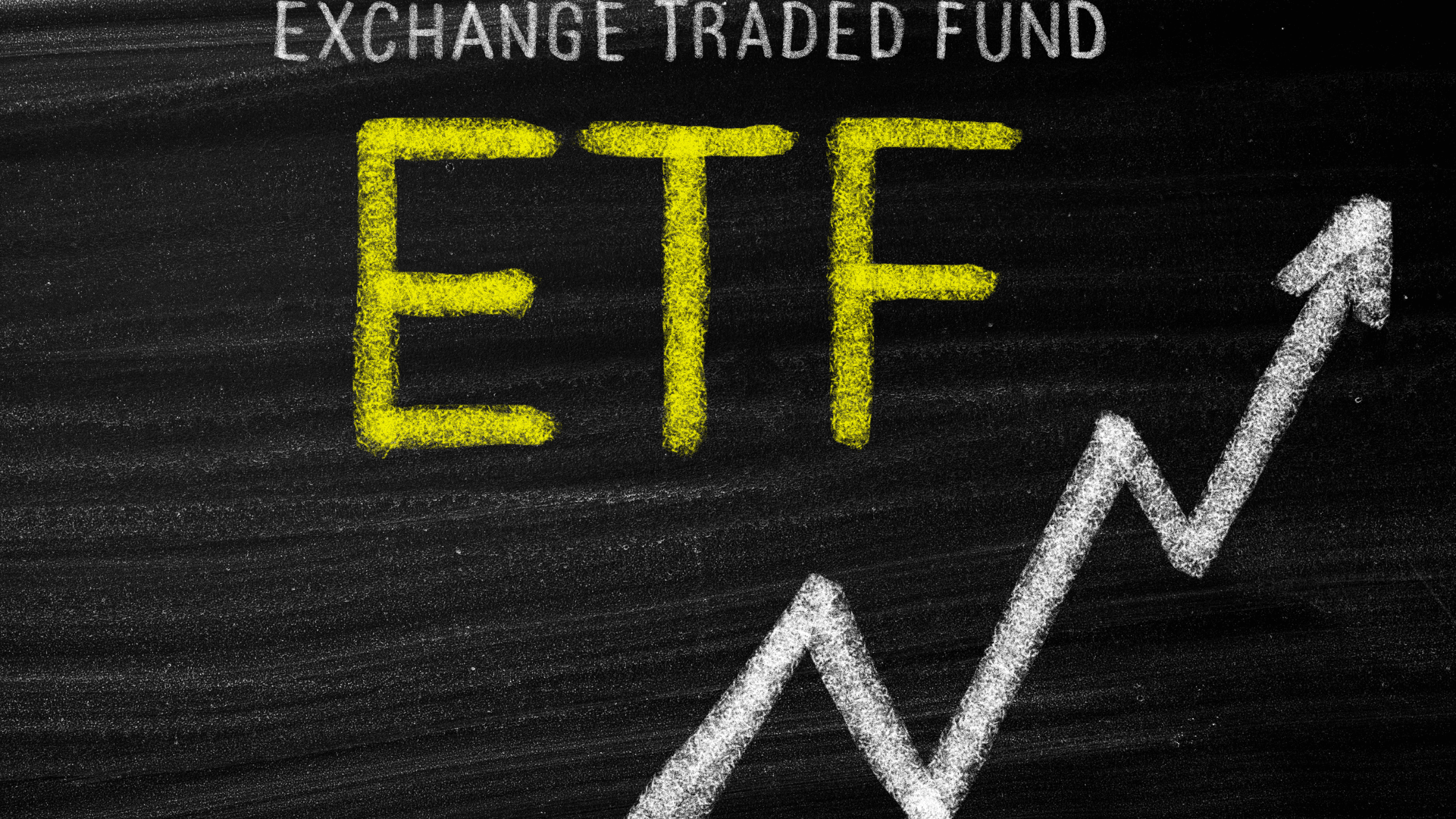ETF Series: 5 Types of ETFs You Can Buy
November 22, 2021

This is the third installment of our Exchange-Traded Funds (ETFs) Series for investors, both beginners and experienced alike.
If you’re new to ETFs, check out the introduction to ETFs on our first topic of this series here: ETF Series: What are ETFs and How Can I Invest in Them?
There’s also ETF Series: Why You Should Consider Buying ETFs for Your Portfolio, where I explain why ETFs deserve a place in every investor’s wealth creation plan.
The world of ETFs is huge but to give you a good understanding of the types of ETFs, today I’ll talk about the common ETFs that are available in the market.
So, here’s quick look at all the various types of ETFs that get offered up to investors.
1. Equity fund ETFs
This is perhaps among the most common and popular ETFs and track stock prices. Most ETFs available in the market either track equity indices or sectors.
There will be those that follow the index in its entirety while some ETFs take a certain sampling from the indices instead.
The latter leads to a slight deviation in terms of price movement from the indices. A more aggressive sampling would lead to higher deviation, which is usually considered to be an actively-managed ETF.
The actively-managed ETFs intend to outperform a certain index that it is benchmarked against.
The design of such ETFs, whether it is actively-managed or not, intends to help investors to achieve diversification in their equity portfolio at a low cost.
The range of ETFs is huge and it offers you the opportunity to capture a broad-based stock market globally, a particular equity market in certain countries, more specific sectors in the equity market or even niche markets.
You can also choose the size of the companies that you are interested in, whether it is in the small-, mid-, or large-cap space. You could also opt to choose ETFs that focus on value or growth investing.
2. Fixed income ETFs
While the fixed income market is not known for being exciting, it is one investment asset class that most financial professionals would recommend you have exposure to, mainly for the reason I’ve just outlined.
It’s not exciting, and minus the roller-coaster ride, bonds will help to reduce your portfolio’s volatility.
It also offers fixed coupon payments to you, which provides stability. With ETFs, you will gain exposure to the various bond markets that you are interested in.
A simple one would be total bond-market ETFs, which only invest in the US bond market.
This helps to avoid the need to assess or analyse country risk. A more sophisticated investor might also be keen to look at ETFs that have bond exposure to different countries.
3. Real estate ETFs
If you love the property market, another way to gain exposure in your portfolio is via ETFs.
The real estate investment trust (“REIT”) ETFs is one of the best ways to get exposure for investors as REITs are required to pay out at least 90% of their taxable income to shareholders.
This makes the investment attractive in terms of its yield as compared to fixed income. The volatility, however, is higher for REITs as compared to bonds.
With ETFs, a more diversified portfolio of REITs can help to reduce the volatility of the asset class, making it a more attractive investment options for investors looking for recurring tax-free income streams via dividend payments.
4. Commodity ETFs
Elsewhere, commodity ETFs are also another interesting option for all investors.
However, if you’re looking to start investing in commodity ETFs, it’s important to have a basic understanding of the underlying commodities.
Investors can buy commodity ETF that directly tracks the price changes of particular commodities, like gold or oil, or simply invest in stocks of commodity producers.
For broad diversification away from a portfolio with equities, ETFs that track the price changes of commodities directly would be the better choice.
5. Currency fund ETFs
Finally, there are currency ETFs. These track the relative value of a currency or a basket of currencies.
It offers investors an easier and cheaper way to trade currencies during normal trading hours.
With currency ETFs, you can gain exposure to the foreign exchange (FX) market through a managed currency portfolio.
In general, FX trading is a speculative activity as it involves trading the spot exchange rates, which fluctuate very often.
Currency ETFs, on the other hand, include cash or currency deposits, short-term debt denominated in a certain currency as well as FX derivative contracts.
Whether the currency ETF is tracking a single currency, or one with a broader focus, the intention of currency ETFs are usually to insulate your portfolio from a depreciating currency in your portfolio.
ETFs provide good diversification
Overall, there are other ETFs in the market, such as the specialty fund ETFs as well, but in general, the rule of thumb is to understand the underlying securities or assets that the ETFs are tracking.
In recent years, ETFs have gained prominence and have become very popular, partly due to the ease of gaining exposure and their low cost.
The mass appeal is undeniable and they play an important role to ensure a more diversified portfolio.
However, regardless of whether you are more interested in the roller-coaster ride of the equity market or a more consistent bond market, it is vital that you look at the underlying securities of these ETFs.
The potential for wealth generation is there but, just like all investments, you need to know what you are doing before you dip your toes into it.

Billy Toh
Billy is deeply committed to making investment accessible and understandable to everyone, a principle that drives his engagement with the capital markets and his long-term investment strategies. He is currently the Head of Content & Investment Lead for Prosperus and a SGX Academy Trainer. His extensive experience spans roles as an economist at RHB Investment Bank, focusing on the Thailand and Philippines markets, and as a financial journalist at The Edge Malaysia. Additionally, his background includes valuable time spent in an asset management firm. Outside of finance, Billy enjoys meaningful conversations over coffee, keeps fit as a fitness enthusiast, and has a keen interest in technology.







